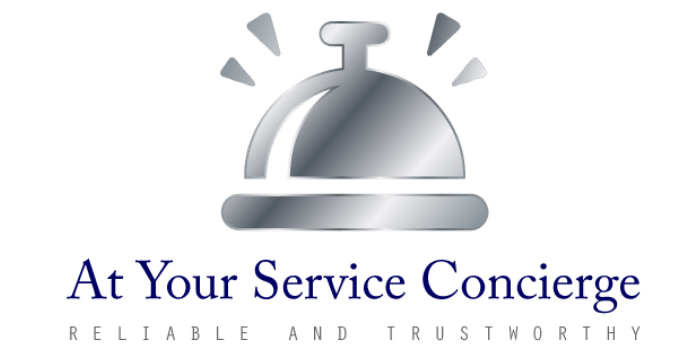Recently my friend who is a caregiver told me she felt obligated to care for her cranky elderly mother (whom she loved but never really liked), because she suspected mild dementia and worried about leaving her alone. I told her how important it is to have her mother evaluated by a dementia specialist immediately because with early diagnosis and treatment the condition can be addressed more properly with the correct information.
When the family member we are trying to care for is impossible to please, it’s often because of long-standing family dynamics. I’m not talking about someone in intolerable pain, or someone who has little control over their brain because of dementia or Alzheimer’s. In those cases, we often need to get the help of professionals, whether it’s hospice for end-of-life pain or a memory unit for Alzheimer’s patients who may not be safe at home.
Some of my friends have also had to deal with parents who have terminal illnesses or have entered hospice, and the family remains dysfunctional even through this process. Meaning, there was never any end-of-life expression of regret and request for forgiveness by the abusive parent.
However, after our conversation, I began to think about all the people I knew that had awful, abusive parents. These parents are now aging and in need of care. What an emotional dilemma that must be.
I researched articles about “toxic parents” When Parents Are Too Toxic to Tolerate describes some very difficult scenarios that adult children are now dealing with and the different methods therapists are using to help their clients. An NPR segment Taking Care Of Parents Who Didn’t Take Care Of You discussed how to care for an abusive or neglectful parent.
The Debt tagline is “When terrible, abusive parents come crawling back, what do their grown children owe them?” My mother is my only living parent and she is definitely needy and high-maintenance, but she was a good mother and we children are trying our best to make her end-of-life years as pleasant as possible. Plus, she planned ahead and has a robust long-term care policy so there is no financial burden on us.
Many people who are feeling a mix of guilt, sorrow and anxiety for feeling reluctant to help out. What if said parents are also asking to come live with you (or financially, it’s a necessity) or expect you to support them financially?
Caring for Parents Who Didn’t Care for You and Caring for Parents Who Weren’t Good Parents offer some suggestions that may help. There are also parents that are termed narcissistic and describes how one might be able to deal with such a parent, Are You a Caregiver Dealing With A Narcissistic Elderly Parent? 7 Ways to Survive.
I pray and seek spiritual wisdom from those close to me when I am wrestling with a difficult issue. I am unable to project what I would do if I was faced with an abusive parent who, still late in life, remained rude and intolerable. I can empathize how stressful that situation can be on a marriage and how it would detract from the peace people strive to establish in their lives with their own children.
As adults in midlife, the “sandwich generation” often juggles raising children and taking care of aging parents. My heart goes out to those of us who are dealing with such a difficult situation when it is compounded with the additional agony of arranging care for parents who need and expect help, yet they neither acknowledged nor expressed any remorse for their destructive behavior.

